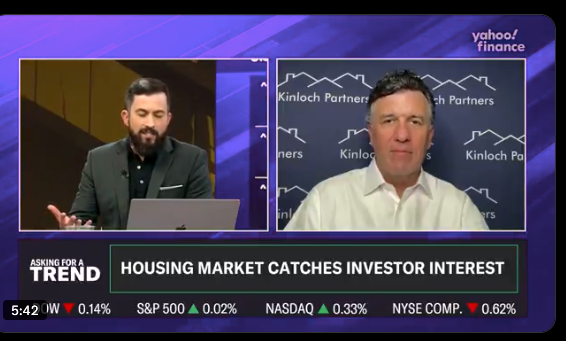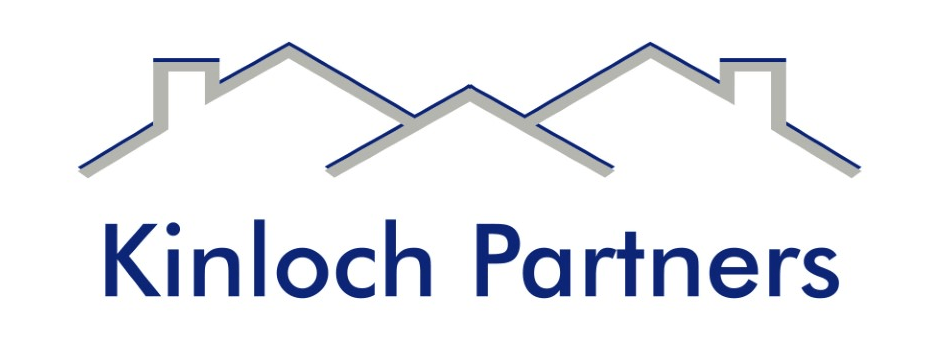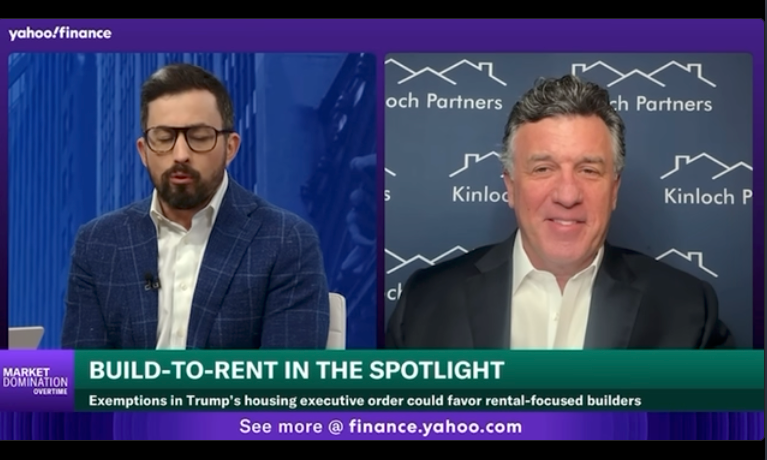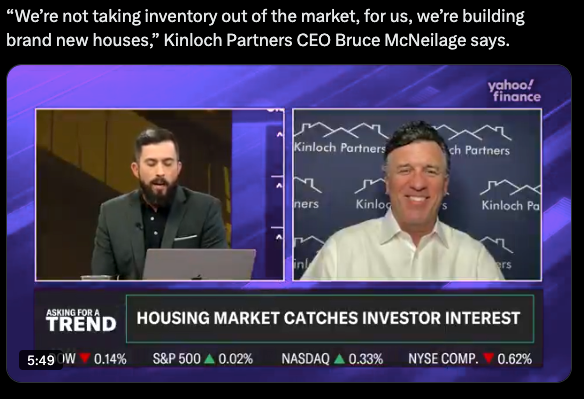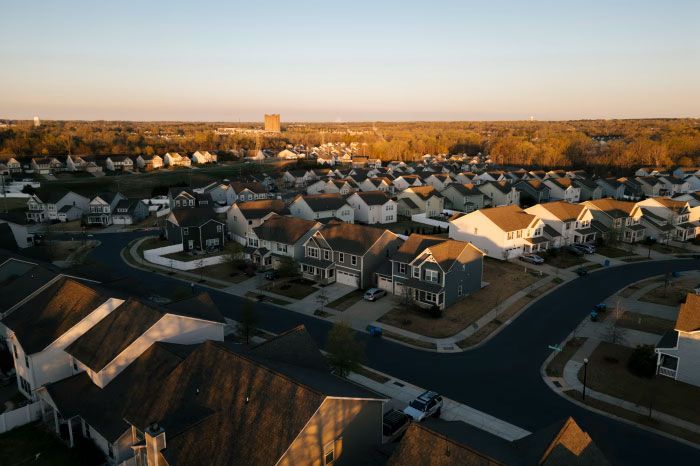Dual offices, Zoom rooms emerge as must-have home features
Original story:
https://www.tennessean.com/story/money/homes/2021/05/07/dual-offices-zoom-rooms-emerge-latest-real-estate-trends/4969978001/
Zoom rooms are beginning to appear in the floor plans of new houses. Dual offices are also becoming common as more people work from home.
The Tennesseean,
Bruce McNeilage was in his home office on an important Zoom call when he heard an unwelcome sound. Amazon was making a delivery and everyone could hear the driver knocking on the front door.
“I recorded the call. You can clearly hear the driver knocking,” said McNeilage, a real estate developer who, like many people, has been working from home during the pandemic.
His solution was to transform the basement of his home into a quiet Zoom room. He isn’t the only one.
Zoom rooms are beginning to appear in the floor plans of new houses. They are one of the ways the designs of homes are changing to keep up with the way people live, work and play in them today.

The pandemic has definitely changed the operations of LCT Team – Parks’ Realtor Marabeth Poole and her husband, Michael, vice president of sales for Jan Marini Skin Research. The couple built a Zoom Room for the exec, who now averages four hours a day on Zoom calls.” Creditt=”Marabeth Poole, LCT Team – Parks”
‘It’s quiet and it always looks good’
The home office became a must-have item last year. But for couples who both work from home, that raised a question. Who gets the office and who has to work from the dining room table? Where do the kids set up their computers for remote class?
Dual offices are the answer, said Realtor Lisa Culp Taylor, who leads the LCT Team at Parks real estate company.
“So often both homeowners need a space to work. We’re trying to think of those spaces that became a necessity in 2020,” she said.
One office can be used as a Zoom room when one of the adults needs a quiet place.
“It’s somewhere to get away from the kids, the dogs, the Amazon delivery person. It’s quiet and it always looks good. It’s always video ready,” said Taylor.
The popularity of home offices isn’t going to change even after businesses reopen. Some people plan to skip the commute and continue working from home, she said.
“People have found Zoom is very efficient Think about it. You save all the drive time. Zoom meetings and conferences are here to stay,” said Taylor.

Home offices have now moved from optional to a necessity says LCT Team – Parks Realtor Lisa Culp Taylor. Her client Trace Construction’s latest home has two dedicated office spaces allowing privacy for the conference and Zoom calls.” data-c-credit=”Reed Brown Photography
Space trumps finishes for young buyers
A fourth bedroom is another necessity, said McNeilage.
“Is the three-bedroom house becoming a dinosaur, especially in the suburbs?” he asked before answering his question.
“A three-bedroom home in the suburbs is becoming the kiss of death,” said McNeilage, CEO and co-founder of Kinloch Partners and Kinloch Homes.
